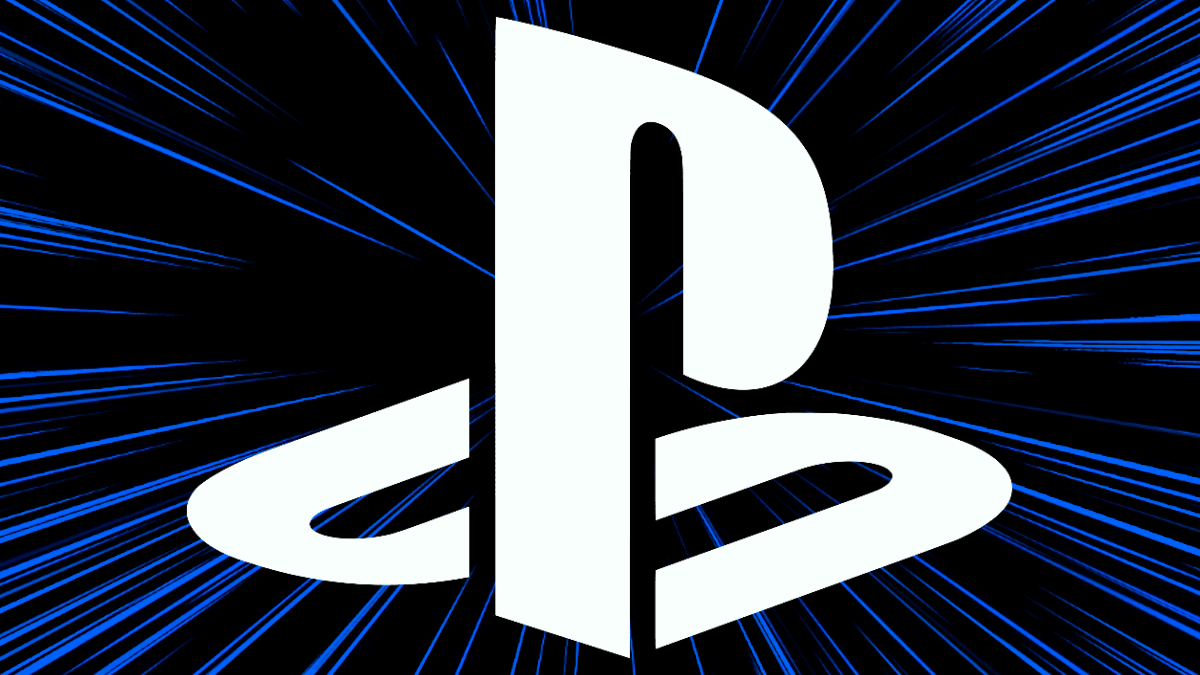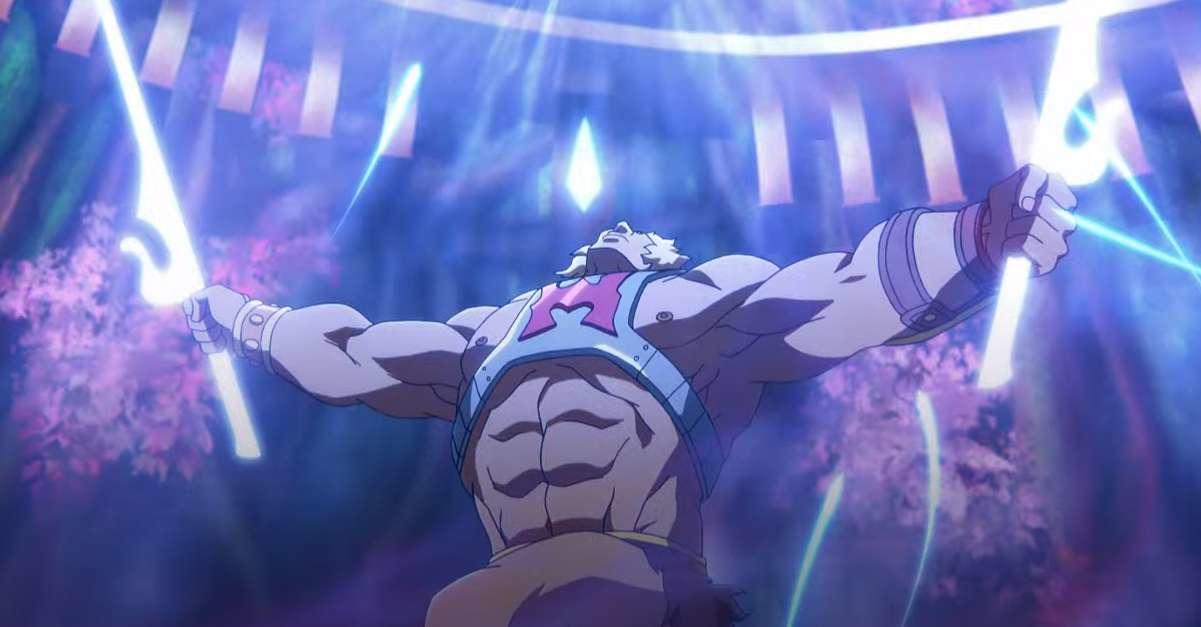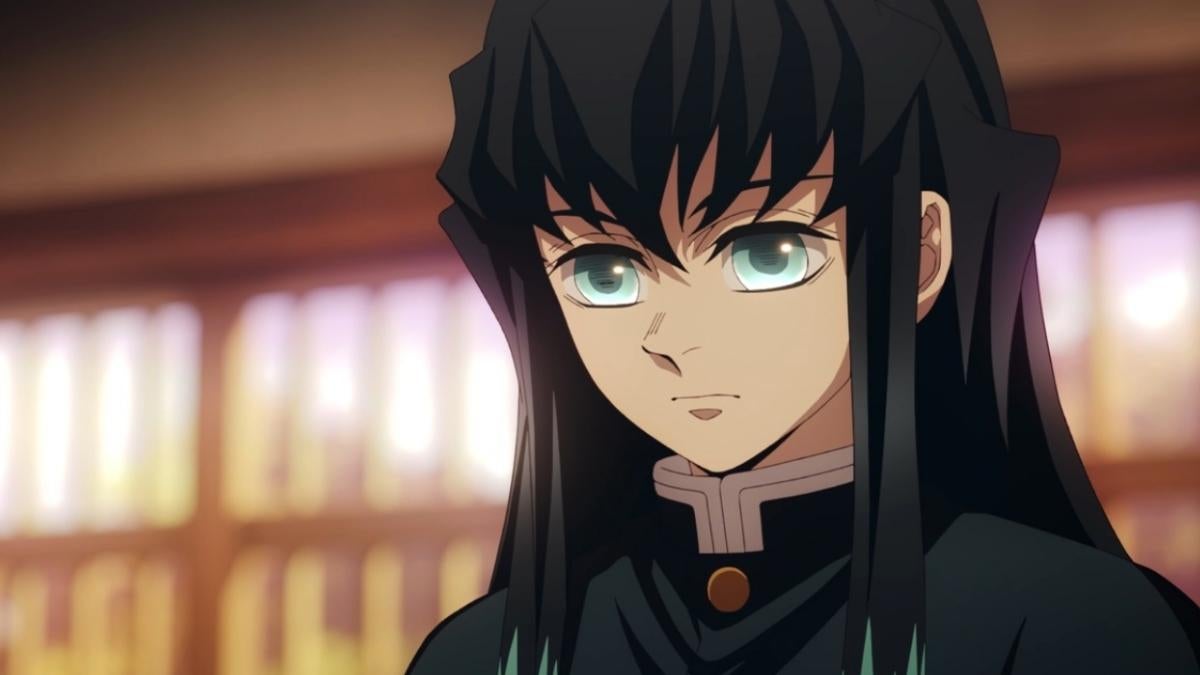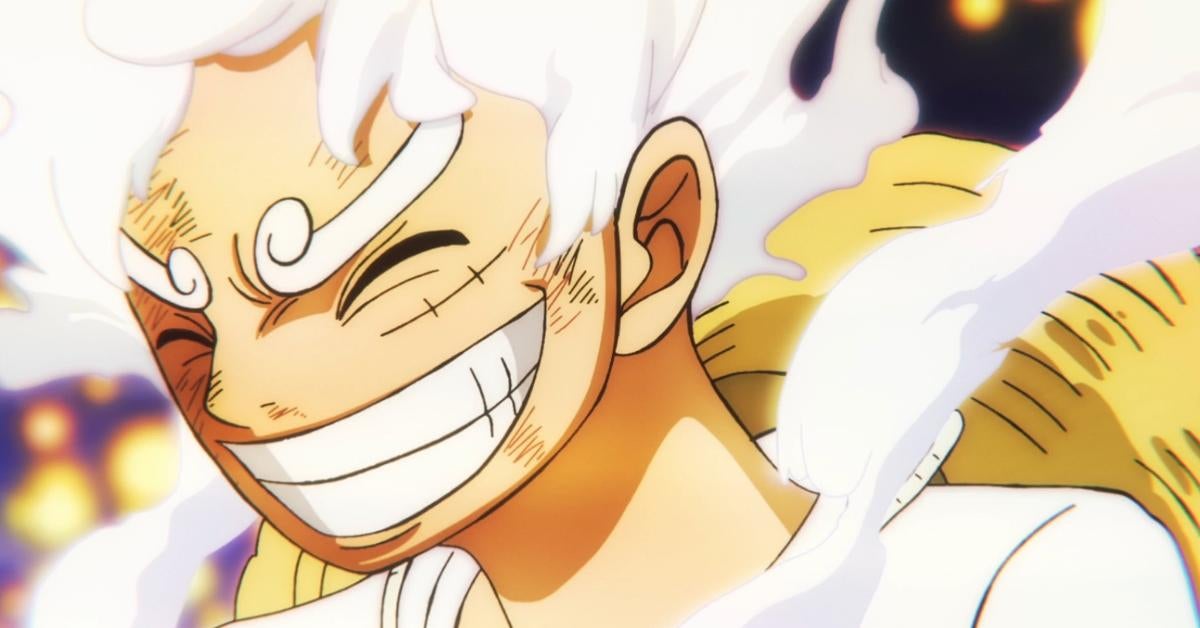Barda's Ngozi Ukazu Previews Her New Take on DC's Fourth World
The Check, Please! cartoonist breaks down her DC graphic novel debut.
DC's young-adult graphic novel line has been thriving for several years now, recontextualizing the stories of a lot of the publisher's heroes and villains for a new generation. One of the next to join that list will be Barda, a new graphic novel that arrives in bookstores and comic book shops in early June. Set during her years serving under Darkseid and Granny Goodness, Barda follows Big Barda as she finds herself curious about the idea of love, even on the harsh world of Apokolips.
Barda is brought to life by cartoonist Ngozi Ukazu, who has already built a loyal fanbase thanks to her work on the beloved hockey webcomic Check, Please!. Ahead of Barda's debut on June 4th, ComicBook spoke with Ukazu about putting a new spin on Barda's origin story, as well as on the iconic mythos of Jack Kirby's Fourth World.

ComicBook: I was so delighted to see that Barda was a part of the Free Comic Book Day offerings. I know at my store, it was flying off the shelves. It was really hard to get a copy. How does it feel to be a part of Free Comic Book Day?
Ngozi Ukazu: Oh, it's a huge honor. DC Comics, when they decide they want to put your title or your series as part of a Free Comic Book Day, it means that they really believe in your story. It's a wonderful co-sign from marketing, publicity, and my editors that they were like, "We want as many people as possible to get their hands on it." Also, getting to do Free Comic Book Day as an author for the first time, it's so exciting just giving your stuff away. It's just like, "No, this is free. This is free."
What was your familiarity with the DC universe beforehand? What is your story, just as a DC fan?
DC Comics is why I make comics. I watched Justice League and Justice League Unlimited when I was in middle school and high school. I was just devouring DC Comics when I was in middle school and high school. I have the story from when I was in the seventh grade. I was reading Kevin Smith's [Green Arrow:] Quiver with my best friend, and we're reading it in English class. Our English teacher comes up and snatches up our book because he's like, "What are you girls doing? What are you hiding under your desk?" Then he opens the book to the most scandalous page. It's some demonic sacrifice orgy thing. We were really cool seventh graders, obviously. He gives it back to us. He's just like, "You know what? I'm just glad you guys are reading." DC Comics has been part of my nerdy interest since I was a kid. It's just exciting to get to finally play with the characters and not get in trouble for it.
On the topic of getting to play in the DC sandbox, I was so surprised to see you attached to Barda. It felt like a perfect fit, but it was never something that would've occurred to me. What drew you to want to tell Barda's story out of all of the characters that the universe has?
When I was originally pitching to DC, I was just thinking about the vast catalog of characters that I've been interested in. Of course, I was thinking about Blue Beetle and Booster Gold. I was thinking about different unexplored aspects of Superman and Metropolis. But I landed on Barda, because it's really this unusual story about this big, strong woman who is not a damsel in distress. In fact, she's credited with rescuing the character who becomes her husband in the comics. I love that. I love that role reversal where she's the protector and she's really strong. Scott Free, her husband, he adores her. I love romance. Check, Please, my webcomic series, is a romance that is about a little bit of unexpected characters falling in love. It did seem like a natural jump.

You mentioned Barda and Scott's love story. How did you approach recontextualizing it for this younger context?
It's interesting, because it is part recontextualization, showing Barda and Scott as younger characters. But we actually never really see their love story and how it develops. In the original comics, Jack Kirby introduces Barda out of nowhere and just says, "Don't worry, they have a past!", which is actually storytelling I appreciate. Over the course of the Mister Miracle comics, they just work together, and live together, and eventually get married, and that's wonderful. But when we first see them first introduced, I think Barda literally strangles Scott within five seconds of meeting him, and then ten comics later, they're married. I'm like, "Wait, what happened in between?"
When it comes to recontextualizing it, I was like, "Okay, let's take what we know and just make this a fun story about teens who have the most bizarre crush in the world, because it's a crush that they're having on a planet where love is forbidden." Yeah, I think, it's very Romeo and Juliet off the bat. It's like Romeo and Juliet meets Star Wars.
I also love your take on the Furies. They're all delightful, and heartbreaking at times as well. How did you approach that ensemble?
One thing I do love doing is writing ensembles. My webcomic is about a hockey team, so you have to write the entire team. Also, something I learned in college is that, whenever you have a protagonist, they may be on a team, or they may have ancillary characters. Those characters actually all represent different parts of your protagonist. It goes back to Greek Theater, the chorus says what the protagonist is thinking. With the Furies, it's like Batman with his rogues' gallery. They're all different parts of Bruce Wayne. With the Furies, each one of them represents just a little part of Barda. Lashina is like Barda's really insightful nature. Bernadeth is, kind of, Barda's curiosity. Stompa is her toughness. Aurelie is her heart. Then you have a character like Mad Harriet, who's just maybe Barda's insanity, I don't know. But I really wanted each of them to comment — everything they say is exactly what Barda would say, but just with a little bit of a twist to it, which is why they're not Barda.

I really loved seeing your art style interpret the Kirby-isms, and a lot of the character designs that were already there. What was the biggest challenge, or the thing you were most excited to play around with, when filtering that through your art style?
Probably doing action. Even though my background is drawing stories that are more sports-based, I've never really drawn a comic that is so much combat, so much animated violence. Jack Kirby has a really particular way of approaching action. No spoilers for the story, but the scene that I really wanted to convey action and that "boom! pow!" comic book feel, was towards the end where we have this huge splash page. Barda finally gets back at the person who's been holding her down, and I wanted it to feel as much of a tribute to Kirby as I could. I learned so much drawing this comic.
How did you approach leaning into the darker elements of Fourth World, while still knowing that this was going to be read by a younger, all-ages sort of audience?
That's the most interesting thing about Fourth World comics. These were comics that were for kids. Kids would go to the comics rack, pick it up. Kirby loved throwing around a word like "Holocaust", like "apocalypse." Slavery and evil were taking place, and it's really, really brutal. Very intense. Honestly, I really didn't do much, because I was like, "If it was for kids then, then I'm kind of even lightening it a little bit with my art style, which is more open and cute, with the humor in it, with the romance." Yeah, I honestly think those comics were, even, maybe darker.
What would you say surprised you the most about the experience of working on Barda?
The biggest surprise, 100%, was how viscerally I react to all of Jack Kirby's work now. I always say that I am now an acolyte in the cult of Kirby. I'm an ambassador. I now have strong opinions on Stan Lee. I didn't think it would get that way.
Welcome to the club.
I was in Boston and I was at Comicazi, a wonderful bookshop. One of the owners was talking about Orion. They're like, "Orion, that guy sucks, doesn't he?" The way that I left my body for a moment to say, "Actually, no, he's a noble hero and he's been misinterpreted." I didn't think I'd ever be that way, but here I am. Working on this book, that's how it's affected me.

What do you hope readers take away once they've read Barda?
Oh, I hope they just dive into DC comics. I hope they ask questions, because my biggest question is "What happens to Barda and Scott?" I hope they go into the vast backlog of DC comics and DC comics characters. I really hope a kid reads Barda for the first time, has no idea what happens, and then picks up Mister Miracle and then goes, "Oh my God, they get married." That's my spoiler, that they've been married for fifty years, but I really hope that's what people get.
You mentioned the comics that are already there, but without getting into spoilers, it definitely seems like there's room for a sequel, if you wanted to tell it. Would you want to tell that story, or another story in Fourth World, or in the DC universe?
Yeah! No spoilers, but there is something in the works. I am really excited that I might get to really investigate other Fourth World characters. I will say that on May 28th, DC Pride 2024 #1 comes out, and that does feature Orion in a very interesting mentor role. I've already gotten to write more Fourth World characters, but there might be more to come.
***
Barda will be available wherever books and comics are sold on June 4th.




